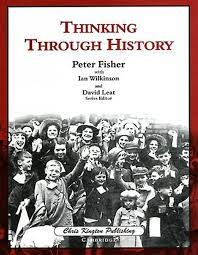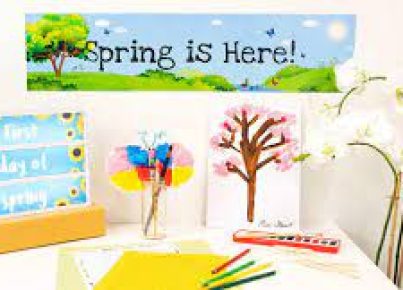Introduction:
History often holds fascinating lessons for us to learn, observe, and reflect upon. It is far more than just a record of past events – it is a storehouse of knowledge that helps us understand how people, societies, and cultures have evolved over time. Thinking through history involves delving into the depths of our collective past to analyze the causes and effects of various elements that have shaped the world as we know it today.
Analyzing Patterns in Historical Developments:
One key aspect of thinking through history is recognizing patterns across different ages. By identifying recurring themes, principles, strategies, and outcomes over time, we can gain valuable insight into human behavior and decision-making processes. For example, we can study the rise and fall of empires from the Roman era to modern times to understand how political power shifts, economic drivers change, and demographic shifts affect societies.
Developing Empathy Through Historical Perspectives:
Another essential component of thinking through history is developing empathy for others by understanding historical contexts. By examining events from the perspective of those involved, we can better appreciate their struggles, achievements, and motivations. This understanding fosters a more compassionate and informed worldview – one that allows us to engage with complex issues such as racism, inequality, and human rights with greater nuance.
Evaluating Historiography:
Thinking through history also entails an evaluation of historiography – or the writing and interpretation of historical accounts. By examining various perspectives and challenges faced by historians when reconstructing events of the past, we become conscious consumers of historical information. This critical lens helps us question biases inherent in historical narratives while acknowledging that “absolute truth” is often elusive.
Learning From Mistakes:
As humans repeat mistakes throughout history, thinking through history offers an opportunity for us to learn from these errors to create a better future. By studying wars, economic collapses, misguided policies or social upheaval, we can reflect on the factors that led to these negative consequences and strive for wiser decisions moving forward.
Applying Historical Lessons to Current Challenges:
Lastly, thinking through history provides us with a wealth of knowledge that we can apply to modern-day challenges. By examining how previous generations have tackled similar problems or events, we can derive solutions and ideas suitable for our contemporary context. The wisdom of the past offers guidance and inspiration for policymakers, business leaders, educators, and individuals alike.
Conclusion:
In conclusion, thinking through history is a crucial exercise for personal growth, societal development, and global progress. By analyzing patterns in historical developments, fostering empathy through perspectives, evaluating historiography, learning from mistakes, and applying historical lessons to present-day challenges, we nurture a more informed understanding of our shared past. This allows us to make better decisions today to create a future that is wiser and more enlightened than the generations before us.





